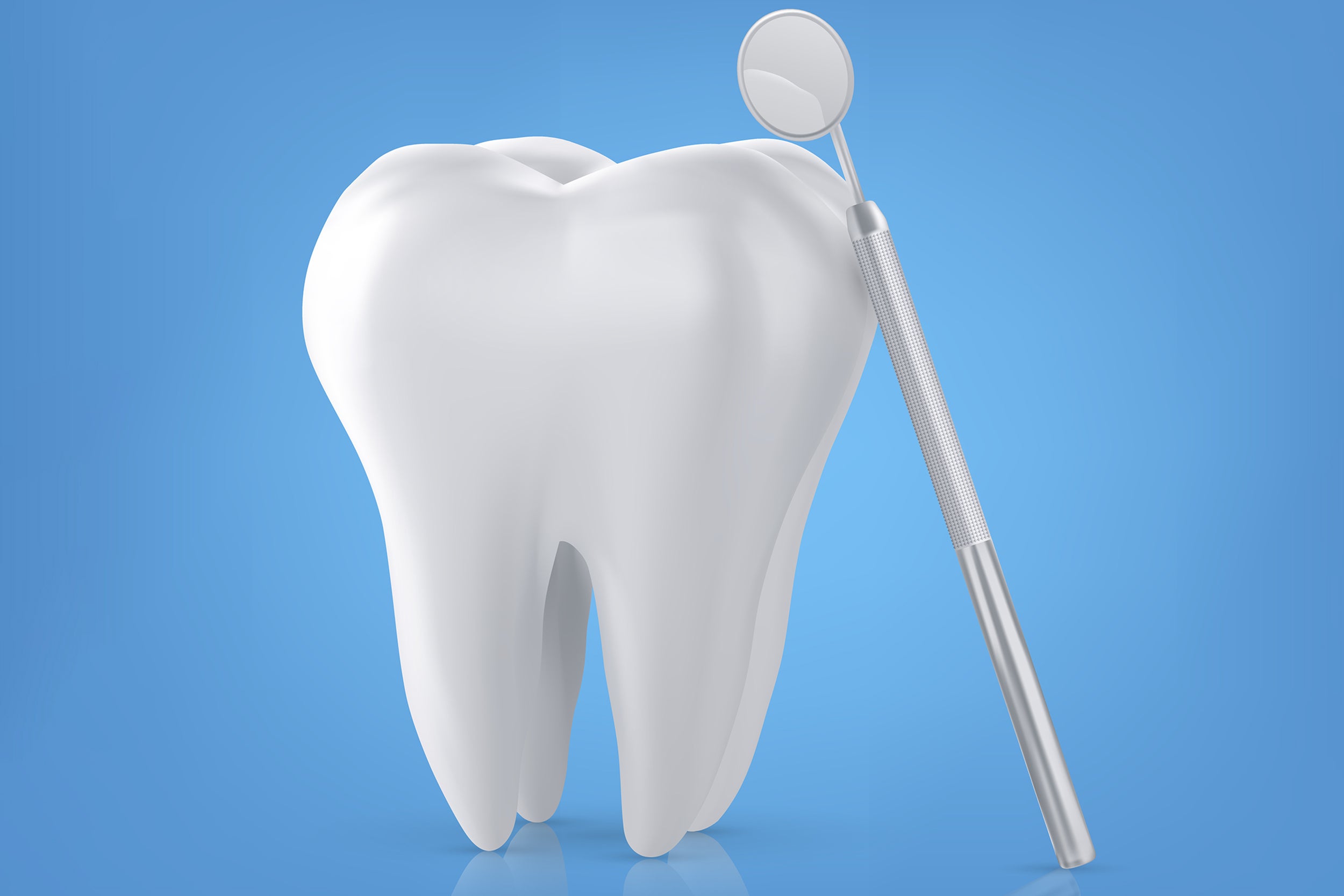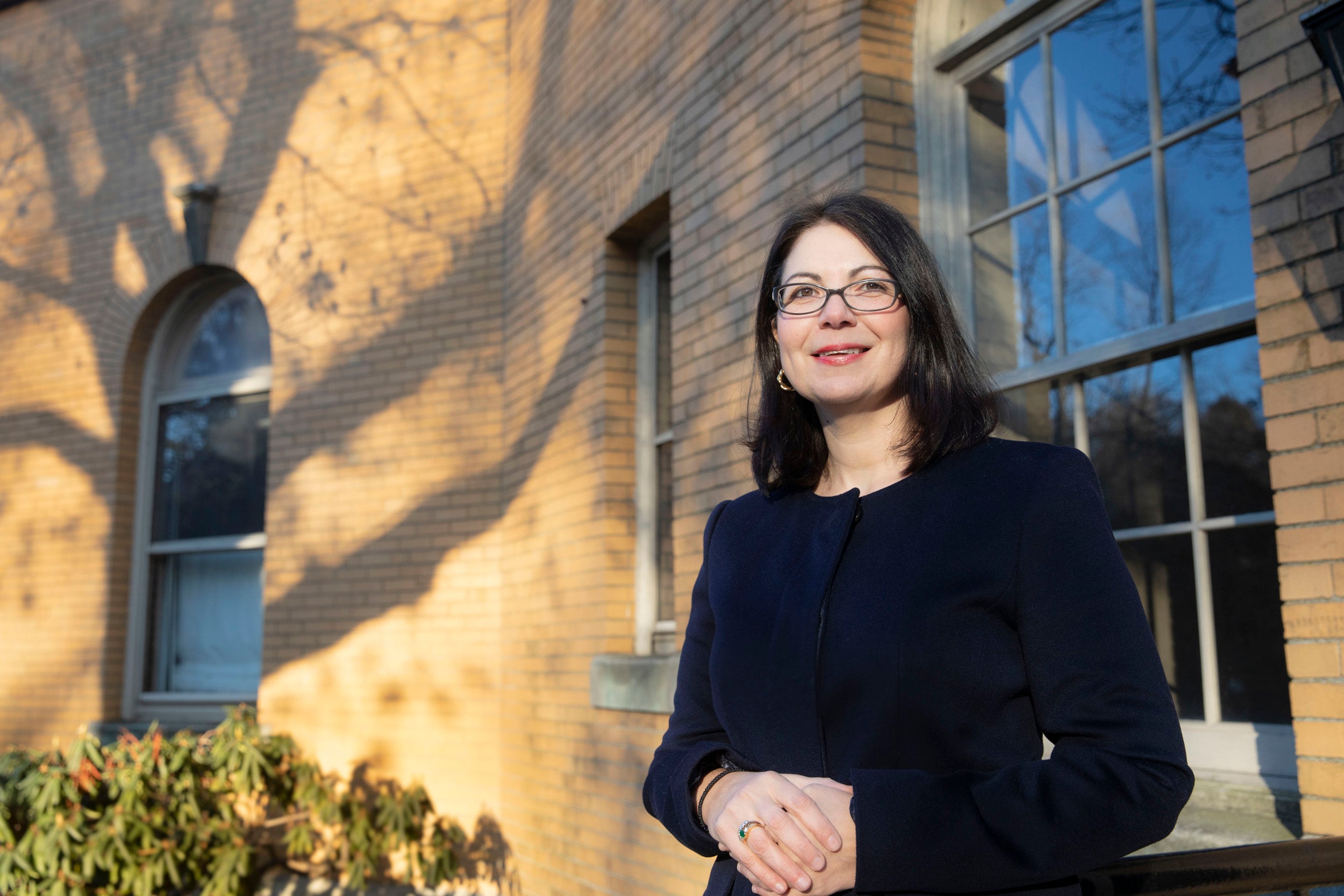
Health
The gap between our teeth
More older Americans are losing theirs. Medicare doesn’t cover dental. Not a coincidence.
Older adults in the U.S. have a tooth problem: half of them lack dental insurance, and in 2018, nearly half received no dental care.
Seeking to shed light on the issue, investigators from Brigham and Women’s Hospital examined changes in dental care and oral health after older adults become eligible for Medicare, the traditional version of which covers medical services but not dental care. In their study of more than 97,000 people, the researchers found a dramatic drop in the percentage who received restorative dental care and an almost 5 percentage point increase in the number of people who lost all their teeth after they turned 65 and became eligible for Medicare. The results are published in Health Affairs.
“Older adults have the lowest rates of dental insurance in the U.S. and cost is a major barrier for many in seeking dental care,” said corresponding author Lisa Simon, a resident in the Brigham’s Department of Medicine and a physician and dentist at the Harvard School of Dental Medicine and Harvard Medical School. “We know that Medicare, by covering medical services, improves health outcomes and reduces racial health inequities among older adults, but it has the exact opposite effect for dental care.”
With very limited exceptions, traditional Medicare does not cover dental services. Medicare Advantage plans can offer dental services, but the extent of coverage varies. Federal efforts to expand Medicare dental coverage have not passed and policy debates about dental benefits are ongoing.
Simon and colleagues analyzed national data from the Medical Expenditure Panel Surveys from 2010 to 2019, examining changes in dental insurance and oral health care immediately after respondents became eligible for Medicare. The surveys included adults ages 50 to 85.
The team found that both traditional Medicare and Medical Advantage beneficiaries experienced immediate and long-term reductions in dental services use after Medicare enrollment. While the total number of annual dental visits did not change, the number of visits for restorative procedures, such as fillings or crowns, decreased by 8.7 percent. There was also an increase in complete edentulism — loss of all teeth — which puts people at higher risk of poor nutrition, lower quality of life, and progression of cognitive impairment.
“Loss of teeth can have a number of negative downstream effects,” said Simon. “It’s associated with many geriatric conditions, including frailty and cognitive function.”
The authors note that the survey data used did not allow them to follow participants over long periods and the changes detected could be confounded by other life changes at age 65, such as retirement or receipt of Social Security income. Using other forms of survey data could help investigators focus on at-risk populations, such as adults living in long-term care facilities, and could help identify and compare what dental benefit Medicare Advantage programs offer.
“Without dental coverage for adults who are eligible for Medicare, we are seeing a rise in loss of teeth after age 65 among nearly one in 20 adults, which represents millions of Americans,” said Simon. “Our findings capture the magnitude of the problem but also point to the opportunity to improve oral health care access and outcomes, should policymakers expand Medicare coverage to include dental services.”
Disclosures: Simon received funding for consulting work with the CareQuest Foundation and the PrimaryCare Collaborative in 2020 and 2021. Funding: The research was supported by the National Institute on Aging, National Institutes of Health, the Office of the Director, NIH.





